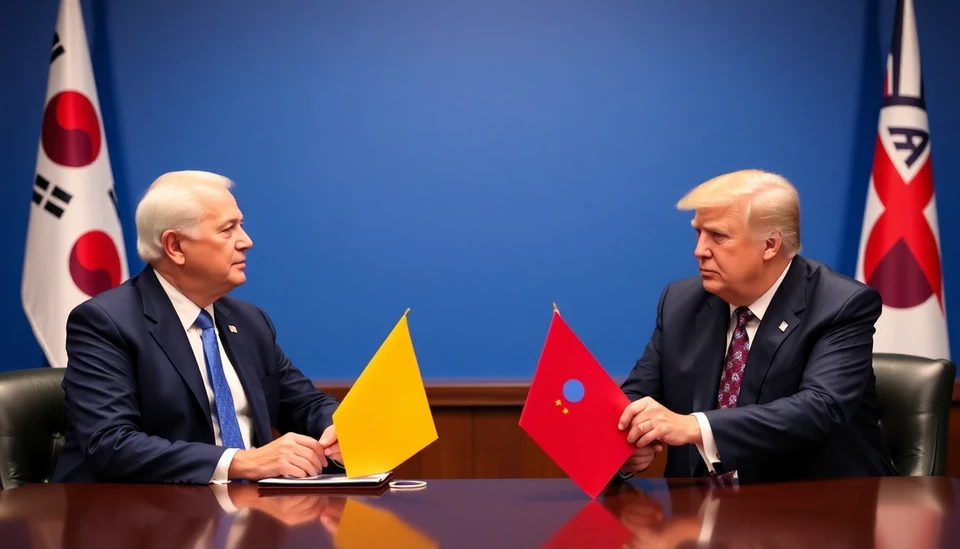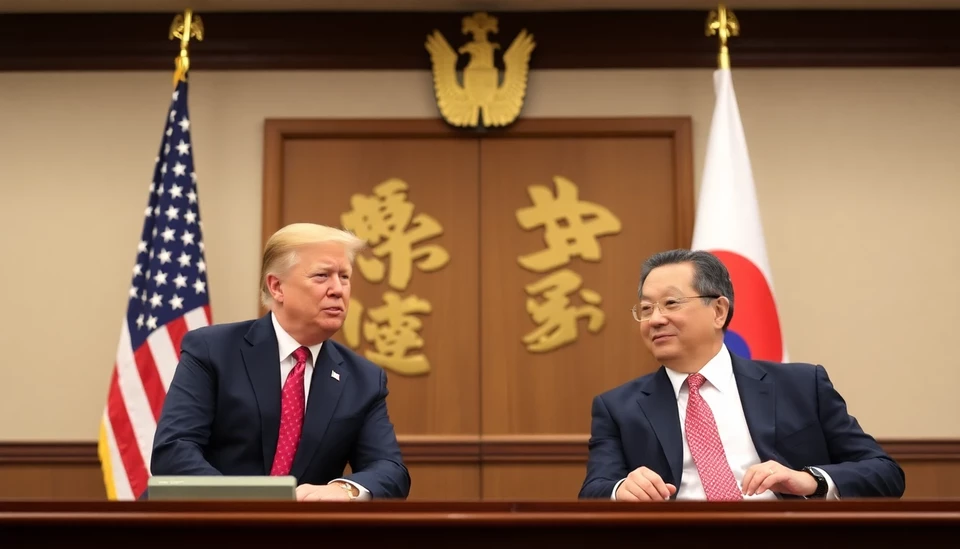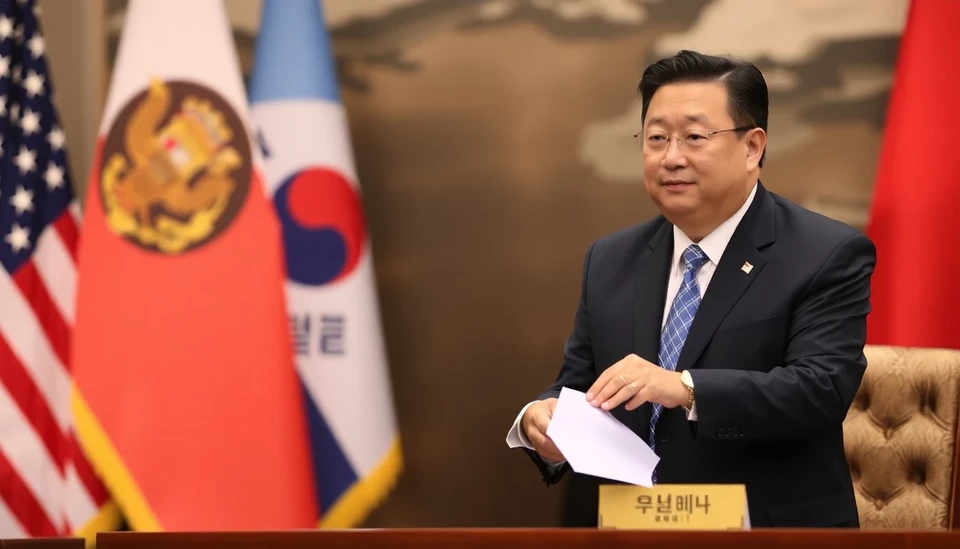
In a pivotal moment for international trade relations, South Korean officials are reportedly seeking to solidify a significant trade agreement shortly after receiving a long-anticipated phone call from Donald Trump. This interaction has reignited discussions surrounding economic partnerships and trade dynamics between the two nations, which have been a focal point of interest in recent years.
The call, which was outlined by sources close to the matter, marks a potential turning point for South Korea as it aims to enhance its trading framework not only with the United States but also across the broader Asia-Pacific region. South Korea's President, having expressed a desire to foster closer ties, views this development as an opportune moment to advance negotiations that had stalled previously.
Key aspects of the proposed trade deal include the elimination of tariffs on a variety of goods, increased market access for South Korean products in the American market, and potential collaborations in technology, energy, and agriculture sectors. The dialogue has been characterized by a renewed sense of optimism as both parties seem to be committed to lowering trade barriers and embracing mutual benefits.
Analysts speculate that Trump's willingness to engage with South Korea might stem from a strategic intent to strengthen alliances in the competitive Asia-Pacific region, especially in light of China’s growing economic influence. For South Korea, aligning closely with the U.S. serves not only economic interests but also enhances its geopolitical stance amid ongoing tensions with North Korea.
Economists have responded positively to the news, predicting that a successful trade agreement could boost South Korea's economy significantly, providing a much-needed lift to various industries that have faced challenges in the global marketplace. The anticipated deal could revitalize sectors such as electronics and automobiles, which are pivotal to South Korea's economic landscape.
As both nations prepare for upcoming discussions, trade experts emphasize the importance of a well-structured agreement that addresses not only tariffs but also the complexities of supply chains that have shifted dramatically over the last few years. Stakeholders from various sectors are watching closely to determine how forthcoming negotiations will unfold and what impact they may have on both economies.
In conclusion, South Korea's proactive approach to re-engaging with the United States in trade discussions signals a keen awareness of global economic shifts and the necessity for strategic partnerships. The coming weeks will be critical as representatives from both countries aim to translate this initial dialogue into a concrete agreement that serves their mutual interests.
#SouthKorea #TradeDeal #Trump #Economy #InternationalTrade #AsiaPacific #USRelations #Geopolitics
Author: Rachel Greene




